The readings today demonstrate acknowledgement of the works of our Lord, Jesus Christ. Each person is called to be a great prophet according to the personal spiritual gifts given to us by the Lord. It is our task to recognize and act upon what has been freely given to us within the greater community.
The Gospel takes place in Nain, a small town in lower Galilee where Jesus raises a young man from the dead. Even though the people had been scared by Jesus’ action they realized a miracle had happened and a great prophet was in their midst. They recognized the sacred among them.
There are three individuals who share this day in the Church calendar: it is the feast of St. Hildegard of Bingen, Virgin and Doctor of the Church (1098-1179), it is the day St. Francis of Assisi received the Stigmata (1224), and it is the feast day of St. Robert Bellarmine, Cardinal and Doctor of the Church (1542-1621).
St. Hildegard was a Benedictine abbess, a mystic, prolific author, visionary, poet, healer and herbalist, scribe, lyricist, illustrator, and composer who used her many gifts and talents to serve God and all she encountered in medieval Germany. Her written legacy continues to inspire the faithful to this day. Hildgard wrote of a vision, “‘With my mouth,’ God says, ‘I kiss my own chosen creation. I uniquely, lovingly, embrace every image I have made out of the earth’s clay. With a fiery spirit I transform it into a body to serve all the world.’”
St. Francis of Assisi was praying on the mountain in LaVerna when he had a vision of angels bearing the blessed crucifix of our Lord while experiencing an indescribable touch from God. He found himself blessed with the five wounds of Christ, which he bore on his body until his death in 1227. St. Francis modeled his life on the teachings of Jesus Christ, doing his best to live the Gospels.
St. Robert Bellarmine was born during the Reformation and dedicated his life to studying Sacred Scripture and the teachings of the Catholic Church. A professor, theologian and prolific author, St. Robert is known for speaking the truth. “There are many realities which do not change and which have their ultimate foundation in Christ, who is the same yesterday and today, yes, and forever.”
These three saints shared their gifts and talents as part of the body of Christ with their contemporaries. What is it that you are called to share with those in your life today, that others may recognize the sacredness of God in their midst?
Las lecturas de hoy demuestran el reconocimiento de las obras de nuestro Señor Jesucristo. Cada persona está llamada a ser un gran profeta según los dones espirituales personales que nos ha dado el Señor. Es nuestra tarea reconocer y actuar sobre lo que se nos ha dado gratuitamente dentro de la comunidad en general.
El evangelio toma lugar en Naín, un pueblo pequeño del sur de Galilea donde Jesús resucita a un joven de entre los muertos. Aunque la gente había estado asustada por la acción de Jesús, se dieron cuenta de que había ocurrido un milagro y que un gran profeta estaba entre ellos. Reconocieron lo sagrado entre ellos.
Hay tres individuos que comparten este día en el calendario de la Iglesia: es la fiesta de Santa Hildegarda de Bingen, Virgen y Doctora de la Iglesia (1098-1179), es el día en que San Francisco de Asís recibió los Estigmas (1224 ), y es la fiesta de San Roberto Belarmino, Cardenal y Doctor de la Iglesia (1542-1621).
Santa Hildegarda fue una abadesa benedictina, una mística, autora prolífica, visionaria, poeta, curandera y herbolaria, escriba, letrista, ilustradora y compositora que utilizó sus muchos dones y talentos para servir a Dios y a todos los que encontró en la Alemania medieval. Su legado escrito continúa inspirando a los fieles hasta el día de hoy. Hildegarda escribió sobre una visión: “’Con mi boca’, dice Dios, ‘beso mi propia creación elegida. Abrazo de manera única y amorosa cada imagen que he hecho con la arcilla de la tierra. Con espíritu de fuego lo transformo en un cuerpo para servir a todo el mundo.’”
San Francisco de Asís estaba orando en la montaña de LaVerna cuando tuvo una visión de ángeles llevando el crucifijo bendito de nuestro Señor mientras experimentaba un toque indescriptible de Dios. Se encontró bendecido con las cinco llagas de Cristo, que llevó en su cuerpo hasta su muerte en 1227. San Francisco modeló su vida según las enseñanzas de Jesucristo, haciendo todo lo posible por vivir los Evangelios.
San Roberto Belarmino nació durante la Reforma y dedicó su vida al estudio de la Sagrada Escritura y las enseñanzas de la Iglesia Católica. Profesor, teólogo y autor prolífico, San Roberto es conocido por decir la verdad. “Hay muchas realidades que no cambian y que tienen su fundamento último en Cristo, que es el mismo ayer y hoy, y sí, para siempre”.
Estos tres santos compartieron sus dones y talentos como parte del cuerpo de Cristo con sus contemporáneos. ¿Qué es lo que estás llamado a compartir con quienes están en tu vida hoy, para que otros puedan reconocer lo sagrado de Dios entre ellos?
 Beth Price is part of the customer care team at Diocesan. She is a Secular Franciscan (OFS) and a practicing spiritual director. Beth shares smiles, prayers, laughter, a listening ear and her heart with all of creation. Reach her here bprice@diocesan.com.
Beth Price is part of the customer care team at Diocesan. She is a Secular Franciscan (OFS) and a practicing spiritual director. Beth shares smiles, prayers, laughter, a listening ear and her heart with all of creation. Reach her here bprice@diocesan.com.
Feature Image Credit: Fr. Daniel Ciucci, unsplash.com/photos/grey-and-black-concrete-statue-S4GhtqeeYdM
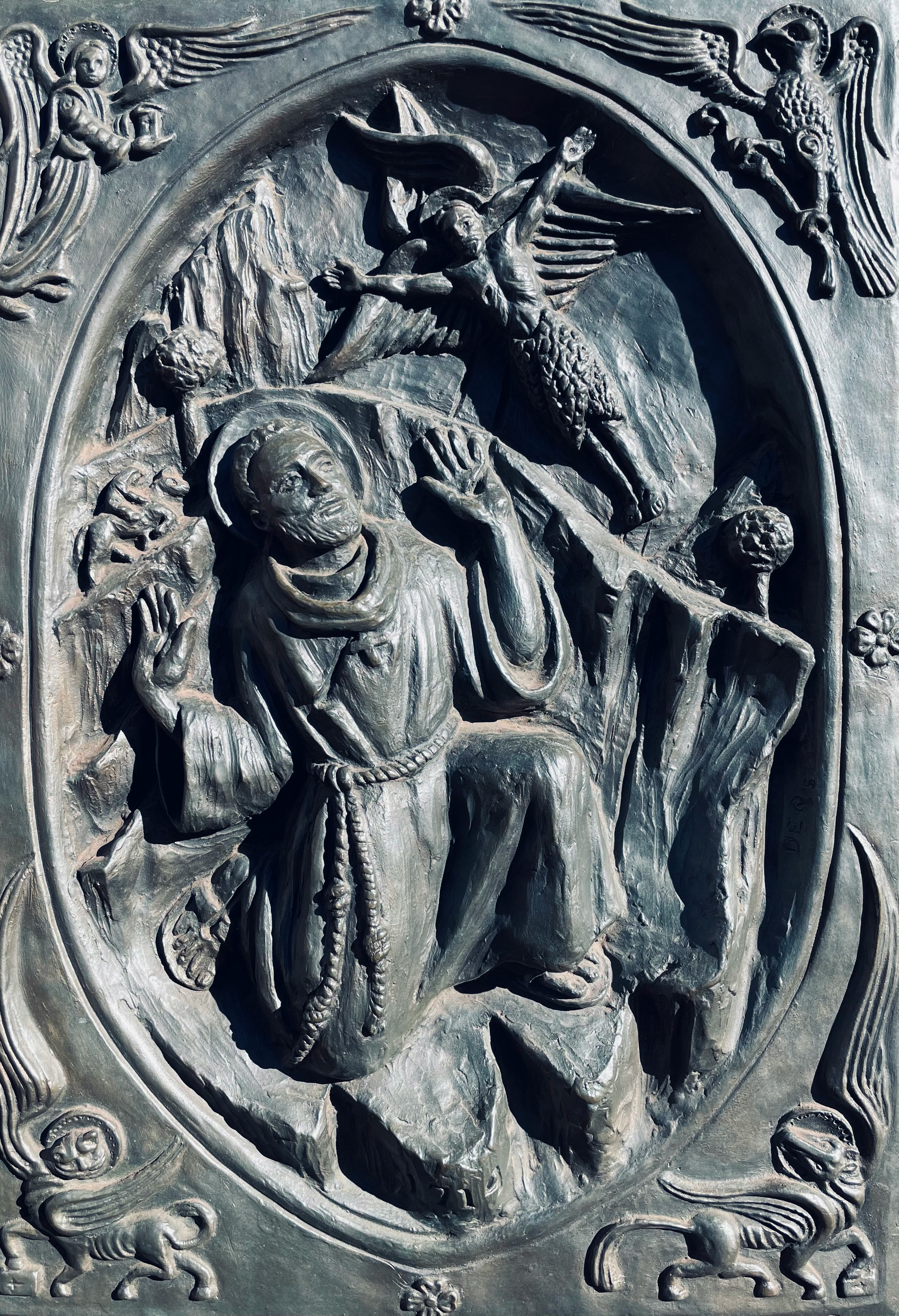

 Tami Urcia grew up in Western Michigan, a middle child in a large Catholic family. She spent early young adulthood as a missionary in Mexico, studying theology and philosophy, then worked and traveled extensively before finishing her Bachelor’s Degree in Western Kentucky. She loves tackling projects, finding fun ways to keep her little ones occupied, quiet conversation with the hubby and finding unique ways to love. She works full time at Diocesan, is a guest blogger on
Tami Urcia grew up in Western Michigan, a middle child in a large Catholic family. She spent early young adulthood as a missionary in Mexico, studying theology and philosophy, then worked and traveled extensively before finishing her Bachelor’s Degree in Western Kentucky. She loves tackling projects, finding fun ways to keep her little ones occupied, quiet conversation with the hubby and finding unique ways to love. She works full time at Diocesan, is a guest blogger on 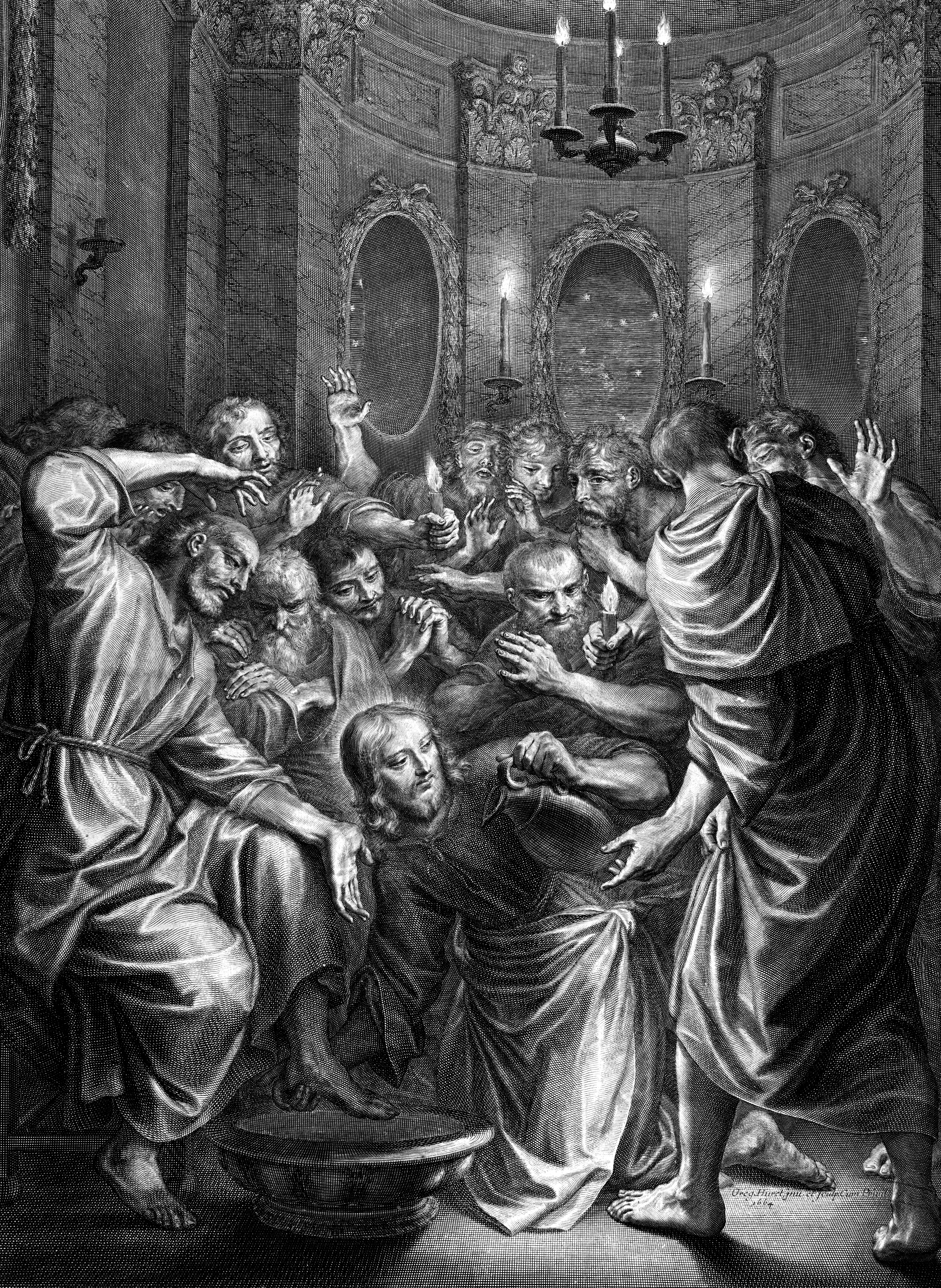
 Dr. Alexis Dallara-Marsh is a board-certified neurologist who practices in Bergen County, NJ. She is a wife to her best friend, Akeem, and a mother of two little ones on Earth and two others in heaven above.
Dr. Alexis Dallara-Marsh is a board-certified neurologist who practices in Bergen County, NJ. She is a wife to her best friend, Akeem, and a mother of two little ones on Earth and two others in heaven above.


 Kate Taliaferro is an Air Force wife and mother. She is blessed to be able to homeschool, bake bread and fold endless piles of laundry. When not planning a school day, writing a blog post or cooking pasta, Kate can be found curled up with a book or working with some kind of fiber craft. Kate blogs at
Kate Taliaferro is an Air Force wife and mother. She is blessed to be able to homeschool, bake bread and fold endless piles of laundry. When not planning a school day, writing a blog post or cooking pasta, Kate can be found curled up with a book or working with some kind of fiber craft. Kate blogs at 
 Kathryn Mulderink, MA, is married to Robert, Station Manager for Holy Family Radio. Together they have seven children (including Father Rob), and eight grandchildren. She is President of the local community of Secular Discalced Carmelites and has published five books and many articles. Over the last 30 years, she has worked as a teacher, headmistress, catechist, Pastoral Associate, and DRE, and as a writer and voice talent for Catholic Radio. Currently, she serves the Church by writing and speaking, and by collaborating with various parishes and to lead others to encounter Christ and engage their faith. Her website is
Kathryn Mulderink, MA, is married to Robert, Station Manager for Holy Family Radio. Together they have seven children (including Father Rob), and eight grandchildren. She is President of the local community of Secular Discalced Carmelites and has published five books and many articles. Over the last 30 years, she has worked as a teacher, headmistress, catechist, Pastoral Associate, and DRE, and as a writer and voice talent for Catholic Radio. Currently, she serves the Church by writing and speaking, and by collaborating with various parishes and to lead others to encounter Christ and engage their faith. Her website is 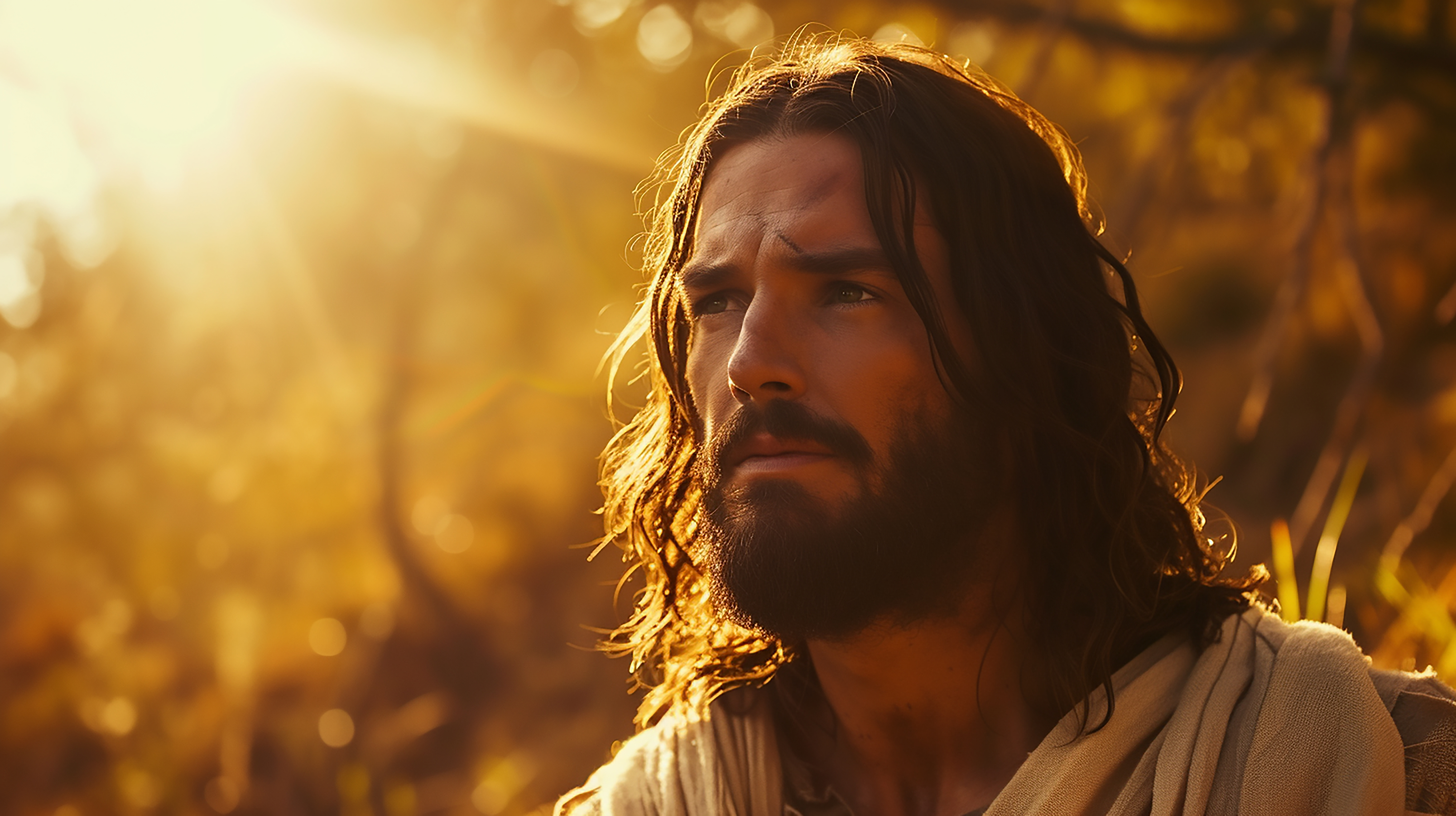
 Emily Jaminet is a Catholic author, speaker, radio personality, wife, and mother of seven children. She earned a bachelor’s degree in mental health and human services from the Franciscan University of Steubenville. She is the co-founder of
Emily Jaminet is a Catholic author, speaker, radio personality, wife, and mother of seven children. She earned a bachelor’s degree in mental health and human services from the Franciscan University of Steubenville. She is the co-founder of 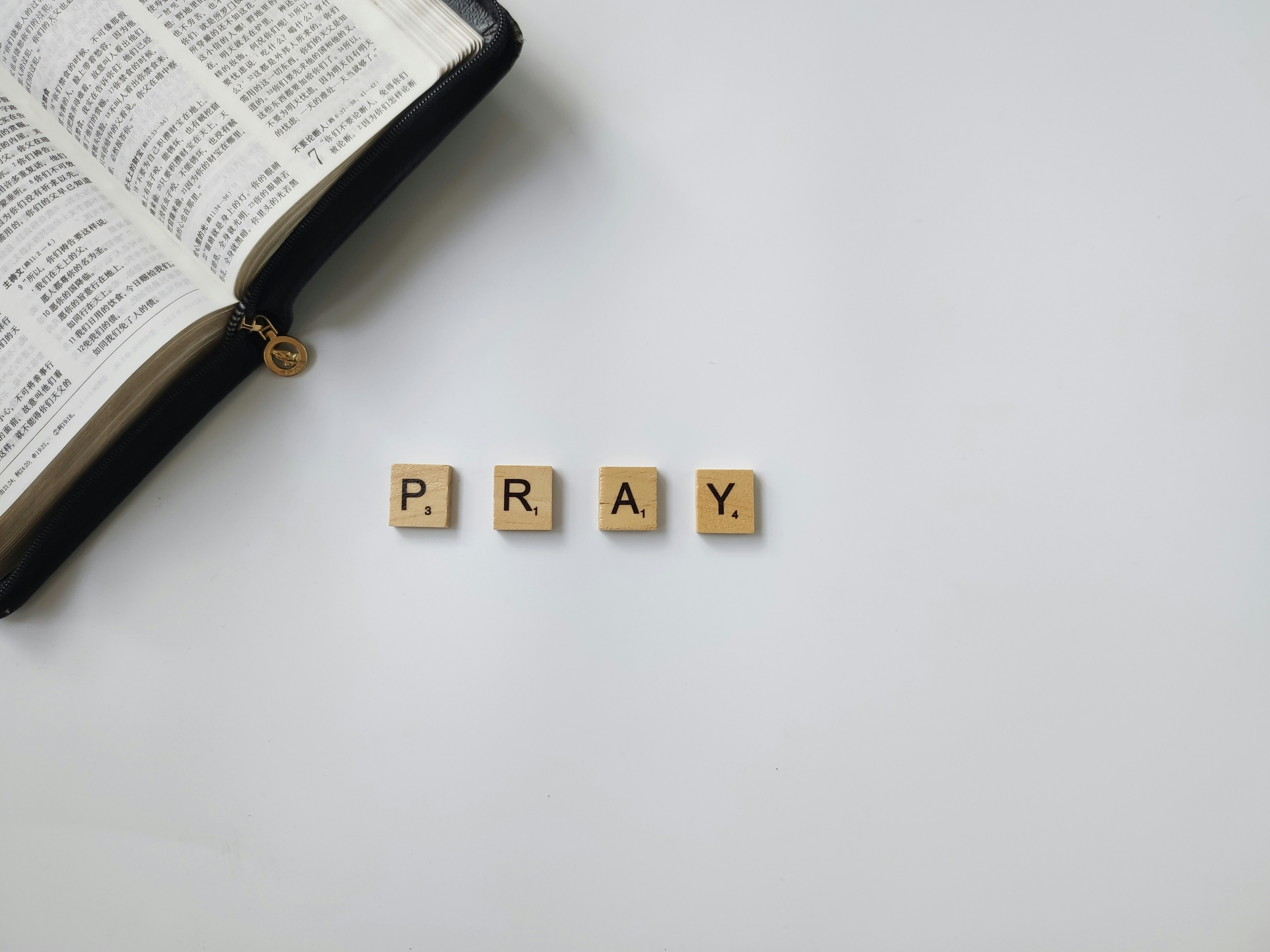


 Merridith Frediani loves words and is delighted by good sentences. She also loves Lake Michigan, dahlias, the first sip of hot coffee in the morning, millennials, and playing Sheepshead with her husband and three kids. She writes for Catholic Mom, Diocesan.com, and her local Catholic Herald. Her first book Draw Close to Jesus: A Woman’s Guide to Adoration is available at Our Sunday Visitor and Amazon. You can learn more at
Merridith Frediani loves words and is delighted by good sentences. She also loves Lake Michigan, dahlias, the first sip of hot coffee in the morning, millennials, and playing Sheepshead with her husband and three kids. She writes for Catholic Mom, Diocesan.com, and her local Catholic Herald. Her first book Draw Close to Jesus: A Woman’s Guide to Adoration is available at Our Sunday Visitor and Amazon. You can learn more at 
 Allison Gingras (
Allison Gingras ( 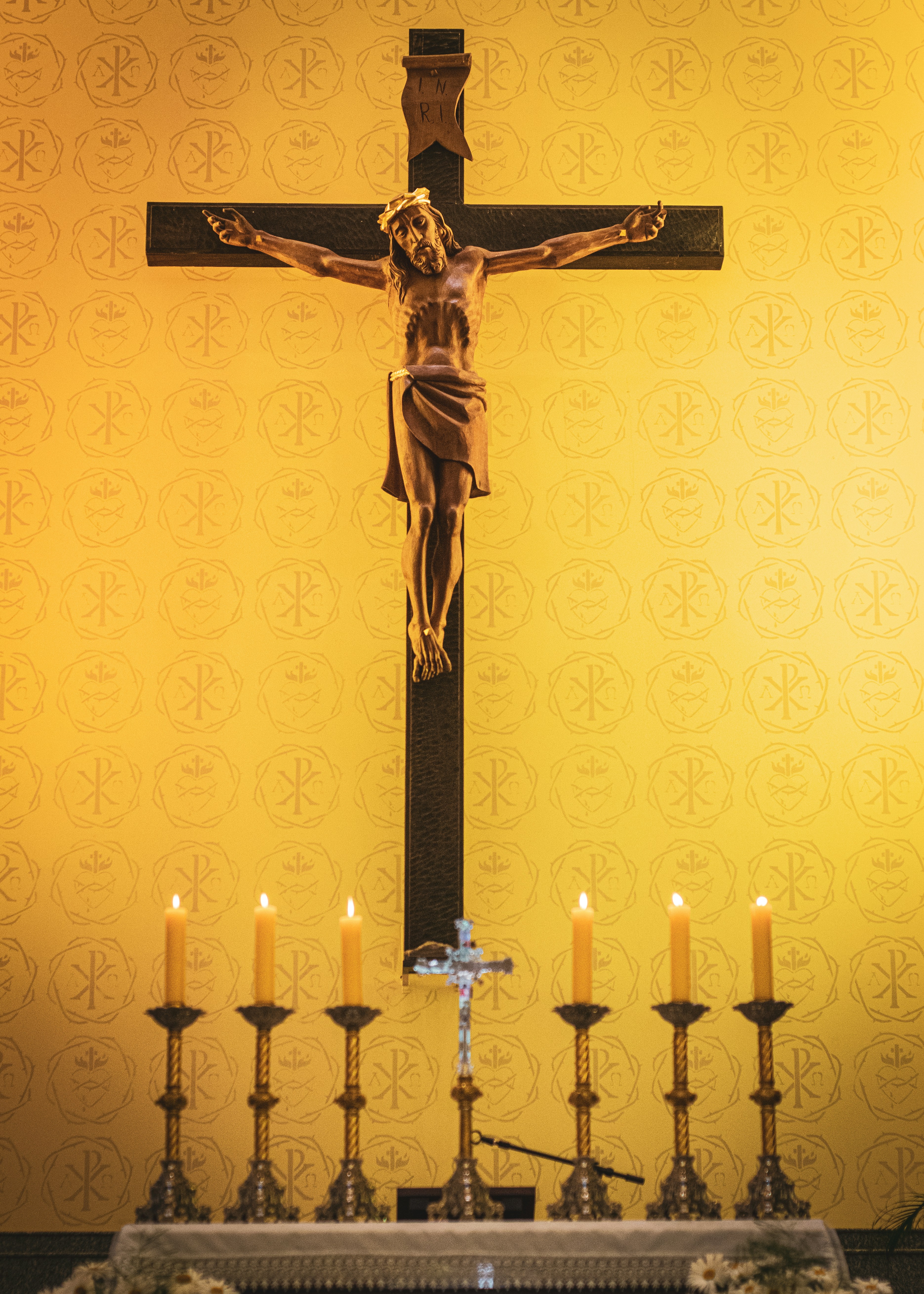
 David Dashiell is a freelance author and editor in Nashville, Tennessee. He has a master’s degree in theology from Franciscan University, and is the editor of the anthology
David Dashiell is a freelance author and editor in Nashville, Tennessee. He has a master’s degree in theology from Franciscan University, and is the editor of the anthology 

